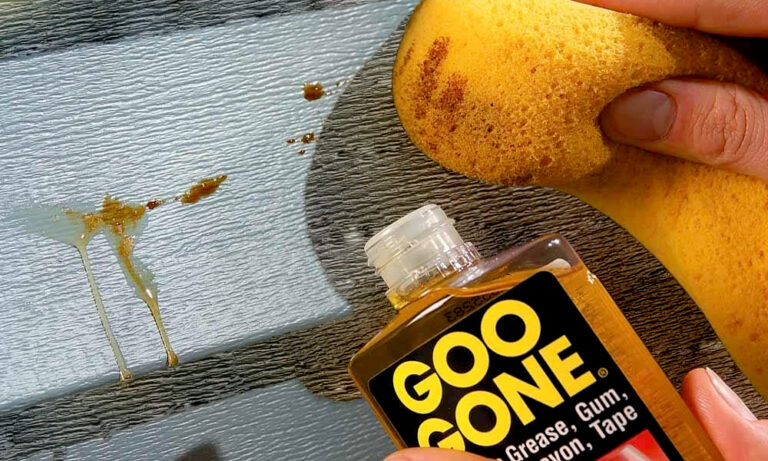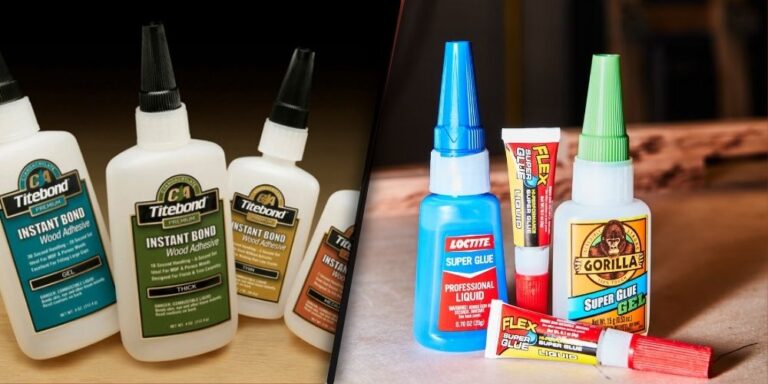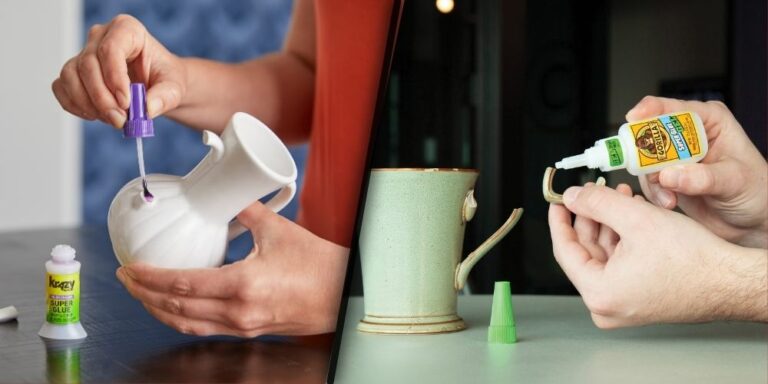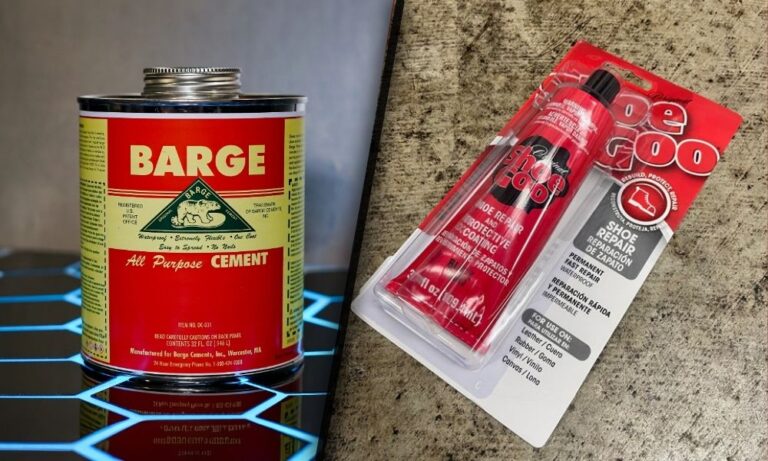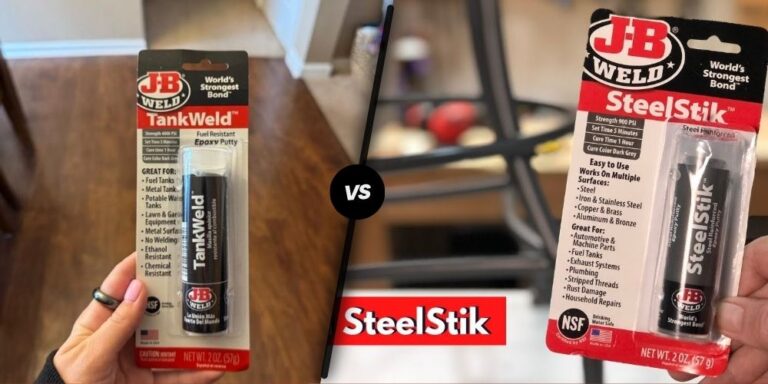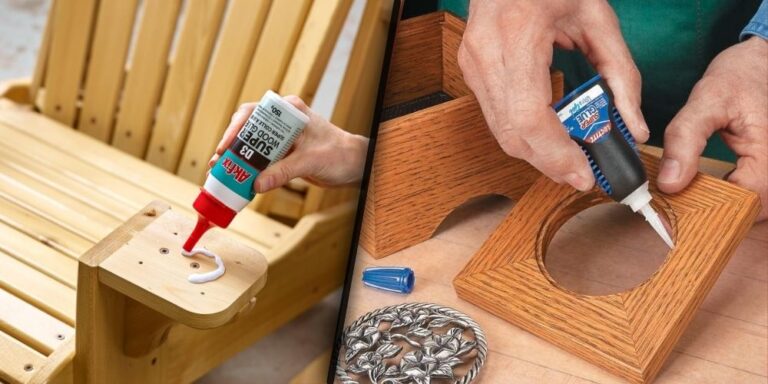Leak Stopper Vs. Flex Seal: Roof Repair Guide
Understanding Roof Sealants
When it comes to roof repair, choosing the right sealant is crucial for preventing leaks and extending the lifespan of your roof. Here, we explore two popular options: Flex Seal and coal tar.
Flex Seal Overview
Flex Seal is a versatile, waterproof rubber spray-on sealant that has gained popularity for its ease of use and effectiveness. According to Amazon, Flex Seal offers a range of products, including a 14 oz, 2-Pack, Brite sealant that instantly stops leaks. It is suitable for various surfaces such as gutters, wood, RVs, roof repair, skylights, and windows.
Flex Seal works by creating a watertight barrier that seals and protects the surface it is applied to. This makes it an ideal choice for quick and easy roof repairs. The spray-on application allows for precise coverage and easy application, ensuring that even hard-to-reach areas are well-sealed.
Coal Tar for Roof Leaks
Coal tar is a traditional and highly effective method for repairing roof leaks. It is particularly recommended for most roofs due to its durability and long-lasting protection (Quora). To enhance its effectiveness, it is suggested to sprinkle white stone chips on the applied tar. This helps to reduce the melting of the tar in heat and ensures it stays in place.
The application of coal tar involves spreading a thick layer over the damaged area, ensuring complete coverage. This method provides a robust seal that prevents future leaks and damage. However, it requires proper application techniques and might be more labor-intensive compared to Flex Seal.
| Feature | Flex Seal | Coal Tar |
|---|---|---|
| Application Method | Spray-on | Manual application with potential for addition of white stone chips |
| Waterproofing | Instant stop leaks, spray-on sealant | Highly effective, long-lasting protection |
| Recommended Use | Gutters, wood, RVs, roof repair, skylights | Most roofs |
| Ease of Use | Easy to use, precise coverage | Requires proper application techniques |
| Durability | Effective but may need reapplication | Durable, long-lasting protection |
Selecting between Flex Seal and coal tar depends on the specific needs of your roof repair. While Flex Seal offers convenience and easy application, coal tar provides a more traditional and potentially more durable solution. For further information on choosing the right sealant, consider reading our detailed section on choosing the right sealant.
Flex Seal Application
Versatility of Flex Seal
Flex Seal’s versatility is undoubtedly one of its strongest attributes. It is a waterproof rubber spray-on sealant coating that can be used for a broad spectrum of applications, making it an invaluable tool for repairs and maintenance. Here are some notable uses for Flex Seal:
- Gutters
- Wood
- RVs and Campers
- Roof Repair
- Skylights
- Windows
- PVC Pipes
- Flashing
- Ductwork
- Foundations
- Awnings
- Chimneys
- Downspouts
- A/C Drip Pans
- Trailers
Available in 11 different colors, Flex Seal offers consumers the flexibility to choose a shade that blends well with their project (Amazon). This makes it a preferred option for various home improvement tasks. For a comparison of different sealants, you can read our article on drylok vs. flex seal.
Flex Seal Effectiveness
Customers have shared mixed opinions regarding the effectiveness of Flex Seal. On one hand, many users appreciate its ease of application and overall durability. Flex Seal sprays on smoothly and offers a quick solution to stop leaks instantly (Amazon).
However, there have been some reports about its resistance to cracking over time, particularly in extreme weather conditions. This has raised some concerns among users regarding its long-term reliability. Here’s a summary of customer experiences:
| Attribute | Customer Feedback |
|---|---|
| Ease of Application | Highly praised |
| Durability | Generally positive |
| Crack Resistance | Some reports of issues |
Despite the mixed reviews, Flex Seal remains a popular choice due to its versatility and the range of applications it supports. For a closer look at other competing products, consider reading articles such as flex shot vs. flex seal or turbo poly seal vs. flex seal.
Choosing the right sealant for specific applications can be challenging. For more in-depth comparisons and insights into other options, visit our guide on leak stopper vs. flex seal.
Customer Experiences with Flex Seal
The effectiveness and value of Flex Seal have garnered mixed opinions from users. Understanding these experiences can provide valuable insights for individuals considering this product for their roof repair needs.
Mixed Customer Reviews
Users of Flex Seal have a variety of opinions about its performance. Many appreciate the ease of application, which allows for quick and straightforward use. Its durability is also praised by several customers, who have found it to be effective in sealing leaks over extended periods. However, some users have reported issues with the product’s crack resistance. Complaints have surfaced regarding the sealant cracking under certain conditions, leading to dissatisfaction with its performance. For further insights on different sealants, compare reviews on alternatives like rubber flexx vs. flex seal.
Key Customer Feedback:
- Ease of Application: Highly rated
- Durability: Generally positive
- Crack Resistance: Mixed reviews
Value for Money Concerns
Opinions on the value for money that Flex Seal provides are equally divided. Some customers believe it is worth every penny, citing its effectiveness in sealing and preventing leaks. They appreciate the quality and durability it offers despite potentially higher costs.
On the other hand, several users feel the price does not justify the quantity received. They express disappointment, especially when the product does not live up to their expectations regarding performance or longevity. This has led to concerns about whether Flex Seal is the best investment for long-term roof repairs. For cost-effective alternatives, you might want to look at how Flex Seal compares to other products, such as in turbo poly seal vs. flex seal.
Cost and Value Ratings:
| Aspect | Rating |
|---|---|
| Quality | High |
| Quantity for Price | Mixed |
| Overall Value | Divided Opinions |
Understanding these varied experiences can help you make an informed choice about whether Flex Seal meets your specific roofing repair needs. For more details and comparisons, read our guide on flex paste vs. flex seal.
Waterproofing Properties
Water Resistance of Flex Seal
Flex Seal is a popular choice among those looking to repair leaks due to its advertised waterproof properties. This product claims to provide a watertight seal that can protect roofs and other surfaces from water intrusion. According to several customer reviews on Amazon, many users find it effective for creating a reliable barrier against water. However, it’s worth noting that feedback is not universally positive.
| Feature | User Feedback |
|---|---|
| Water Resistance | Mixed reviews: Effective for waterproofing, but some reported water getting through |
For further comparison and alternatives, explore our guide on drylok vs. flex seal.
Leakage Issues Reported
Several users have pointed out that despite Flex Seal’s claims, they have experienced leakage issues. Some customers appreciate the ease of application and durability of the product but report disappointment with its ability to resist cracks and long-term water exposure. This mixed feedback suggests that while Flex Seal may work well in certain situations, it may not be suitable for all types of roof repairs.
| Issue | User Feedback |
|---|---|
| Leakage | Mixed opinions: Problems with crack resistance and long-term waterproofing |
Understanding these potential drawbacks is important when choosing between leak stopper vs. flex seal for your roof repair needs. For more adhesive comparisons, you might consider our articles on flex shot vs. flex seal and rubber flexx vs. flex seal.
Choosing the Right Sealant
Considerations for Roof Repairs
Selecting the ideal sealant for your roof repairs involves several key considerations to ensure longevity and efficiency. When comparing leak stopper vs. flex seal, it’s essential to evaluate both products based on various criteria, including ease of application, durability, water resistance, and user reviews.
- Ease of Application: A product that is easy to apply can save both time and effort. Flex Seal is often praised for its ease of application as a spray-on rubber sealant. This makes it convenient for quick fixes.
- Durability: The longevity of the sealant matters greatly for roof repairs. According to customer feedback on Amazon, Flex Seal has mixed reviews on durability with some users reporting issues with crack resistance.
- Water Resistance: Water resistance is crucial for any roof sealant. While some users have found Flex Seal to be waterproof, others have reported significant leakage issues (Amazon).
- Application Area: The area needing repair can determine the choice between products. Flex Seal’s versatility makes it suitable for a variety of surfaces such as gutters, wood, RV, campers, roof repair, skylights, and windows (Amazon).
- Environmental Considerations: The external environment, including exposure to heat and UV light, should also be taken into account. For example, coal tar is popular for roof repairs but requires proper application to prevent melting and displacement in high heat (Quora).
Performance vs. Price Analysis
Assessing the performance of a roof sealant in relation to its price is important for ensuring value for money. Here, the comparison involves evaluating Flex Seal against its competitors in terms of cost, effectiveness, and user satisfaction.
| Feature | Flex Seal | Competitor (e.g., Coal Tar) |
|---|---|---|
| Price | ~$12-15 for a 14 oz can (Amazon) | Varies based on application and quantity needed |
| Ease of Application | Easy, spray-on application | Requires application skills and stone chips for stability in heat (Quora) |
| Durability | Mixed reviews on crack resistance and longevity (Amazon) | Generally long-lasting when applied correctly |
| Water Resistance | Mixed reviews, some leakage issues reported (Amazon) | High water resistance when properly applied |
| Versatility | Suitable for various surfaces and quick fixes (Amazon) | Not as versatile, mainly for roof-specific repairs |
When comparing the two sealants, Flex Seal is applauded for its convenience and fast application but faces criticism regarding its durability and water resistance issues. On the other hand, coal tar, when properly applied, can offer long-lasting and robust protection but requires more effort and skill in application.
For those evaluating other adhesive products for various projects, there are several internal resources available:
- is contact cement waterproof
- shoe goo vs. contact cement
- 527 glue vs e6000
- goop glue vs e6000
- hot glue vs. e6000
- liquid fusion glue vs. e6000
- liquid nails vs. e6000
These comparisons provide insights into performance and suitability for different repair needs.

